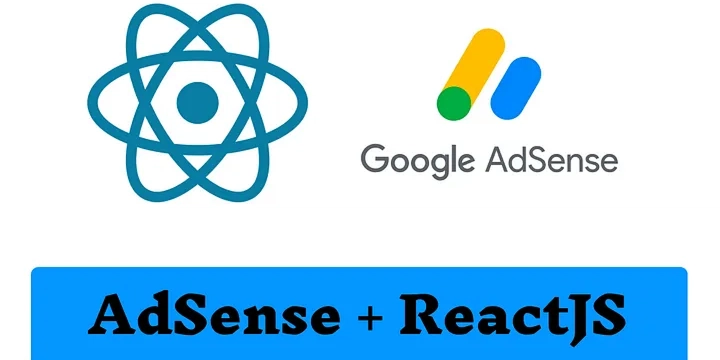In a letter addressed to the leadership of the House Energy and Commerce Committee and the House Ways and Means Committee, AARP and Patients For Affordable Drugs (P4AD) warned that the EPIC Act would “keep Medicare on the sidelines for even longer while pharmaceutical manufacturers continue to set outrageous and unjustified prices for drugs seniors need to be healthy.”
The Inflation Reduction Act stipulates that small molecule drugs — composed of chemicals with a low molecular weight, encompassing most drugs on the market — are eligible for Medicare negotiation seven years after being approved by the Food and Drug Administration. Opponents call this measure the “pill penalty.”
The EPIC Act, reintroduced by North Carolina Reps. Greg Murphy (R), Don Davis (D) and Richard Hudson (D), would add four years to the period in which a drug is ineligible for negotiation.
Ozempic was chosen for negotiation almost immediately as it became eligible in the most recent selection. The lawmakers argue that this provision discourages innovation in the pharmaceutical market.
“The pharmaceutical industry argues they should be allowed to charge Americans the highest drug prices in the world because it preserves “incentives for innovation.” But the facts tell a different story. Since Medicare has had the power to negotiate better prices for Americans, private investment in small-molecule therapies has actually increased! The market is responding to demand, not retreating from it,” AARP stated in its letter.
The drug industry is pushing for the EPIC Act to be included in the GOP’s reconciliation bill. Earlier this year, PhRMA CEO Steve Ubl said, “Washington must fix the pill penalty that discriminates against medicines that are more affordable, easier to take and often the most effective treatment against cancer and other diseases.”
But AARP and P4AD argued American taxpayers should reap some discounts on drugs that their dollars helped fund.
“It’s time we put American patients and taxpayers first. That means ensuring that seniors and patients are not price gouged for medications they helped pay to develop,” said AARP.


















































































